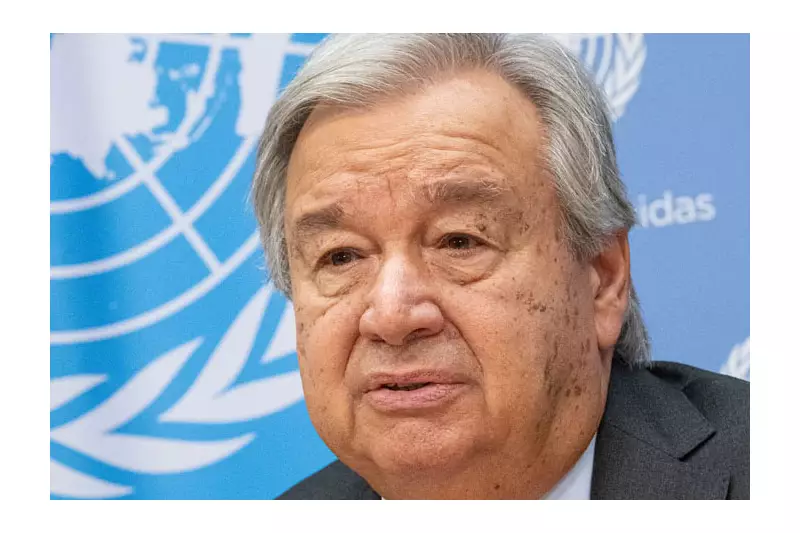
A shocking new United Nations report has exposed a massive financial shortfall in the global fight against climate change, revealing that Nigeria and other developing nations require a staggering $3.1 trillion to properly adapt to the devastating impacts of climate change.
The Alarming Funding Gap
According to the UN Environment Programme's latest Adaptation Gap Report, the actual needs for climate adaptation in developing countries are 10-18 times greater than current international funding flows. This represents a widening chasm between what's needed and what's being delivered.
Nigeria's Climate Vulnerability
Nigeria faces particularly severe climate challenges that demand immediate attention and substantial investment:
- Rising sea levels threatening coastal communities
- Increasing frequency of extreme weather events
- Agricultural disruptions affecting food security
- Growing water scarcity in northern regions
- Urban flooding in major cities
Global Implications
The report serves as a stark warning to the international community. Without significant increases in adaptation funding, developing nations like Nigeria will struggle to implement essential climate-resilient infrastructure, early warning systems, and sustainable agricultural practices.
The Path Forward
Experts emphasize that bridging this funding gap requires coordinated action from multiple stakeholders:
- Increased commitments from developed nations
- Private sector investment in climate-resilient projects
- Innovative financing mechanisms
- Strengthened national adaptation plans
The findings highlight the urgent need for world leaders to prioritize climate adaptation financing during upcoming international climate negotiations, particularly as vulnerable nations like Nigeria bear the brunt of climate impacts despite contributing minimally to global emissions.





